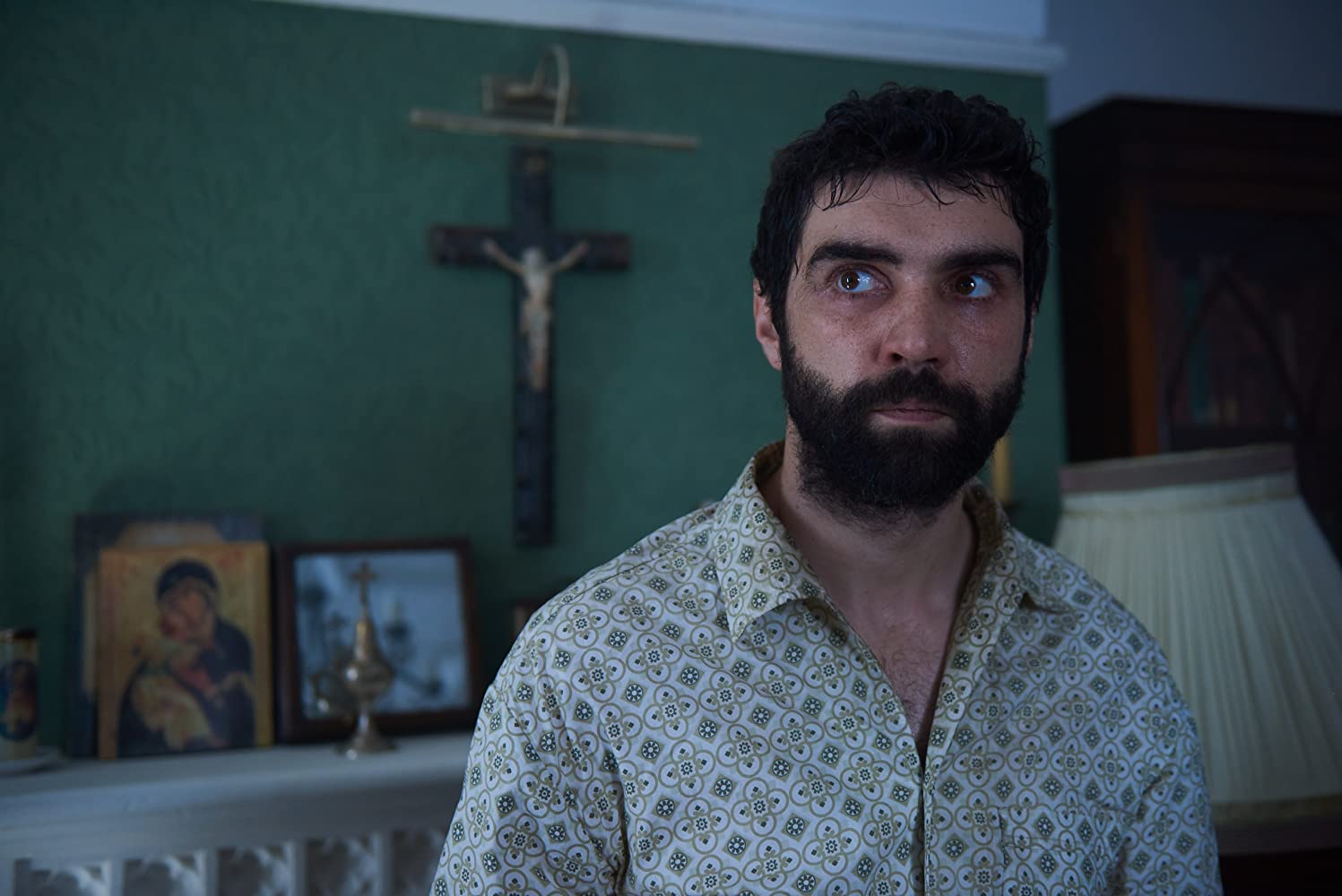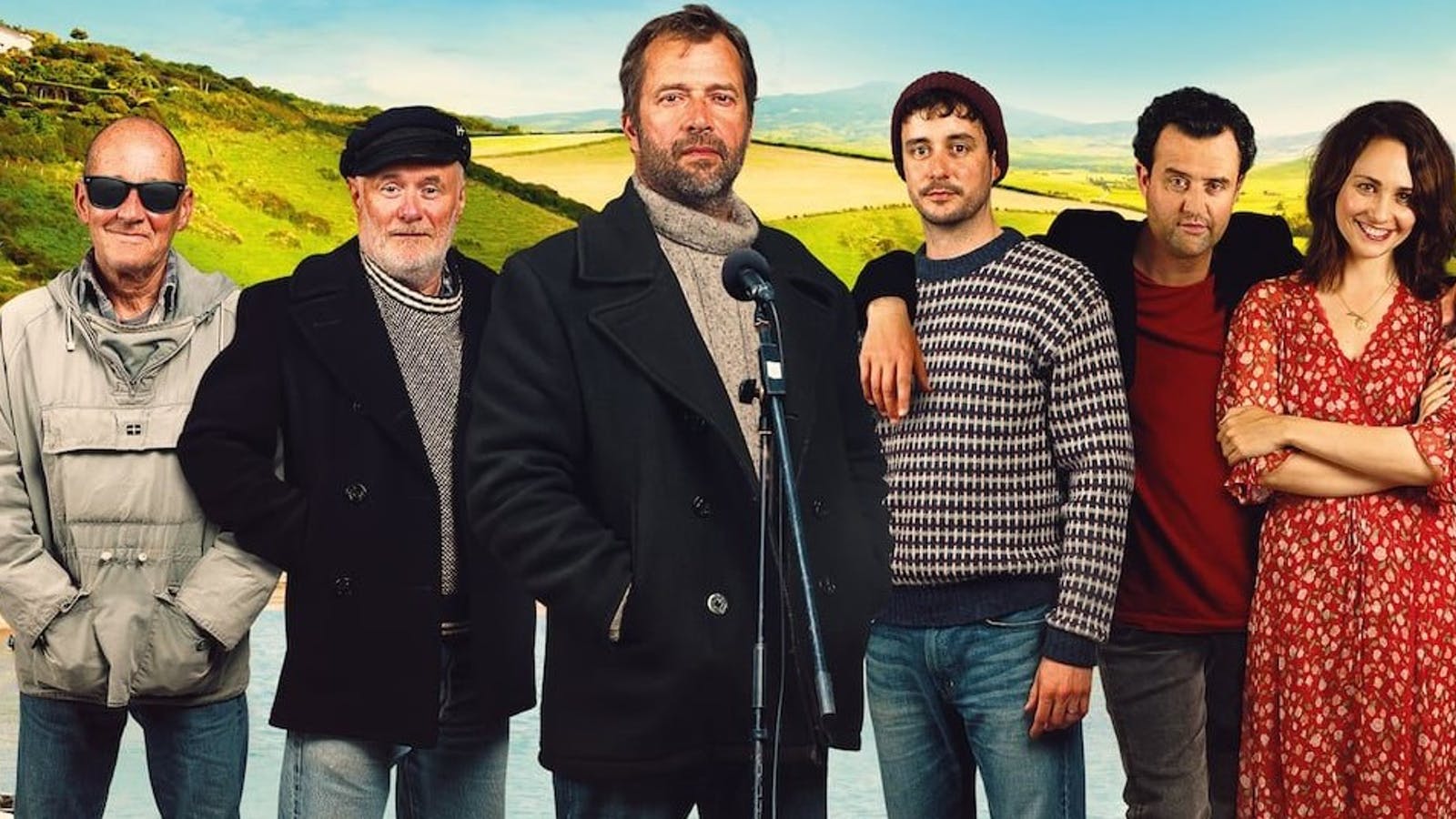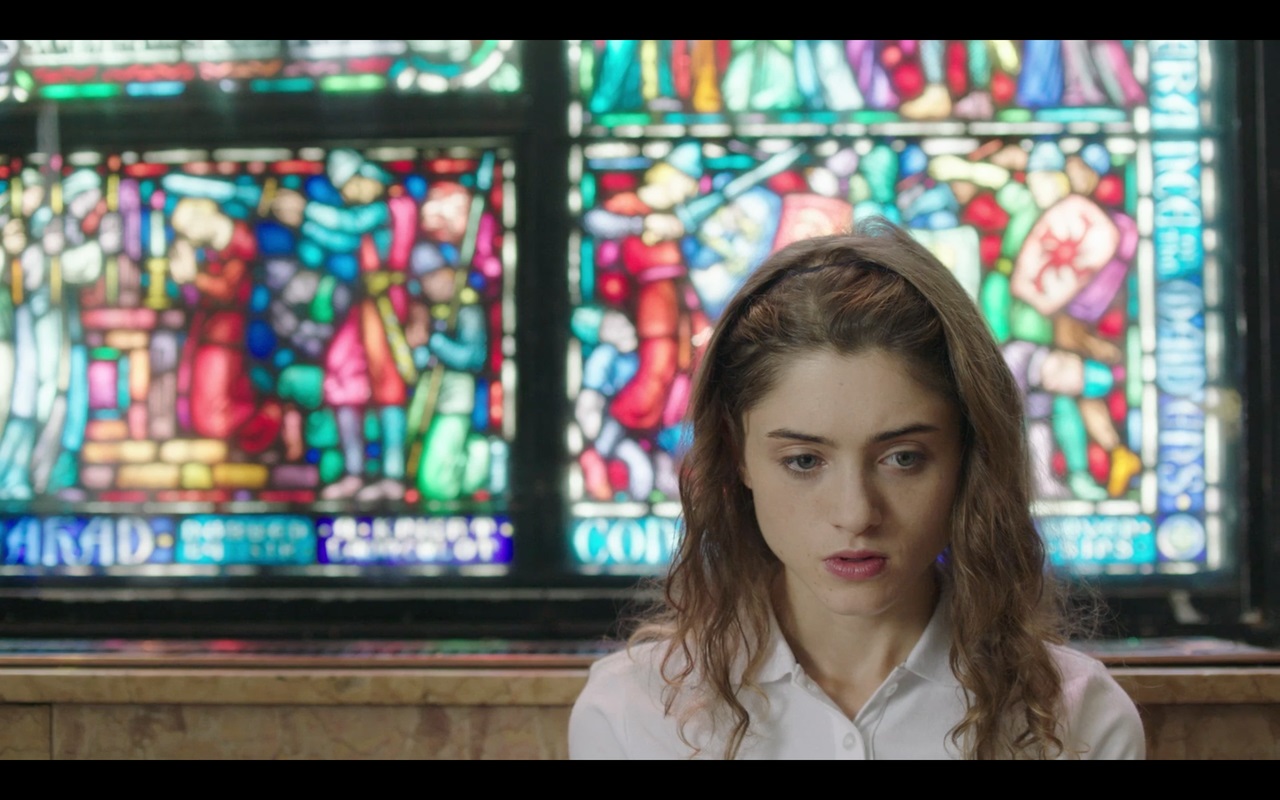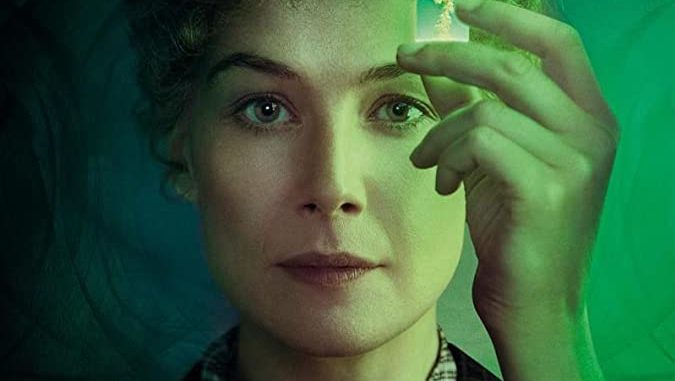The Secret: Dare to Dream
by George Wolf
It might be a different type of faith-based flick, but Dare to Dream most definitely earns my usual disclaimer: judging these films is less about what they are preaching, and more about how well they tell a story.
Here, the gospel is the Law of Attraction, and the storytelling is unattractively dreadful.
The Secret first arrived nearly 15 years ago as a documentary and self-help book, both written by Rhonda Byrne, and each detailing how positive thinking can directly influence your life and bring you whatever it is you visualize.
Director/co-writer Andy Tennant (Hitch, Fool’s Gold) visualizes a narrative treatment that finds Vanderbilt professor Bray Johnson (Josh Lucas) ignoring hurricane warnings and driving down to New Orleans with an important message for one Miranda Wells (Katie Holmes).
Miranda is a widow with three kids, a boyfriend (Jerry O’Connell), and character development consisting of a succession of old graphic tees. She finds Bray before he finds her, by rear-ending him in traffic. Bray’s original mission is quickly sidetracked, and soon he’s fixing Miranda’s car, the hole in her roof, and whatever else his laid-back, dimpled philosophizing can help with.
Even before this handsome stranger effortlessly fascinates the wide-eyed Wells children with an example of how magnets work, not a lick of this bears any resemblance to real life.
Paper-thin characters recite banal dialogue carrying all the depth of a pop-up greeting card. Family strife about storm damage and money trouble is only dire enough to be a manufactured setup for Holmes to give a cute sigh and wonder, “What now??” while her kids pine for a computer or a pony.
Bray’s mission is never in doubt, and the film’s ultimate resolution becomes a tidy, manipulative pinch from the Nicholas Sparks playbook, right down to the throwing of a shameless trump card.
Whether you think The Secret is nothing but entitlement masquerading as feel good drivel, or a truly uplifting approach to finding happiness, a resonant film needs an attraction beyond preaching to the converted.
Or does it? Dare to Dream doesn’t really seem interested in finding out.













